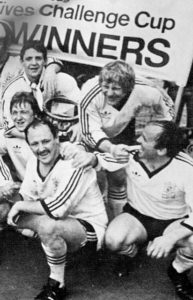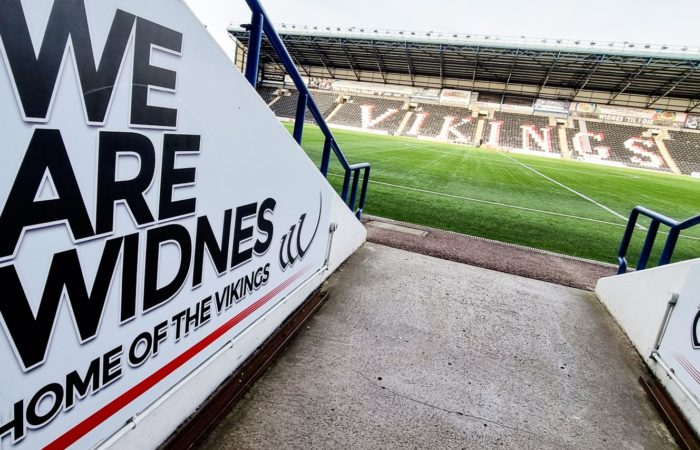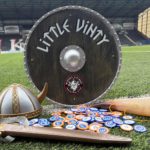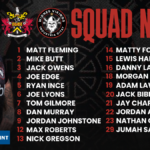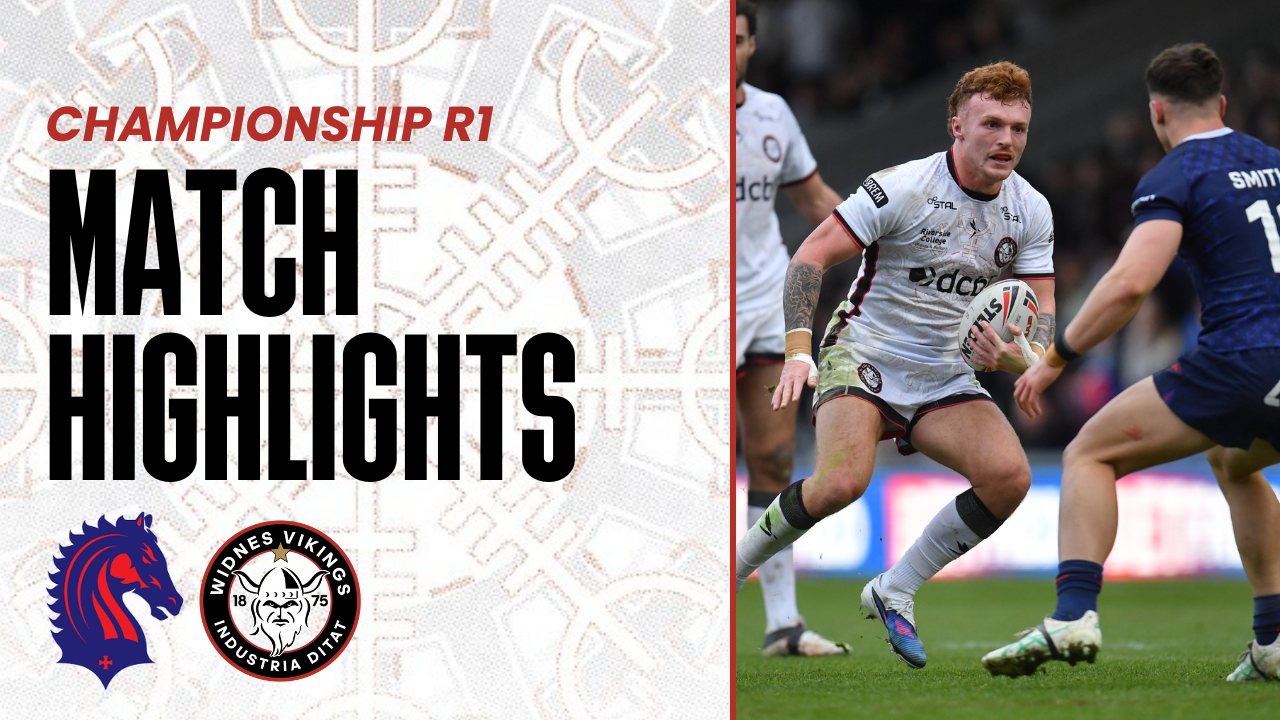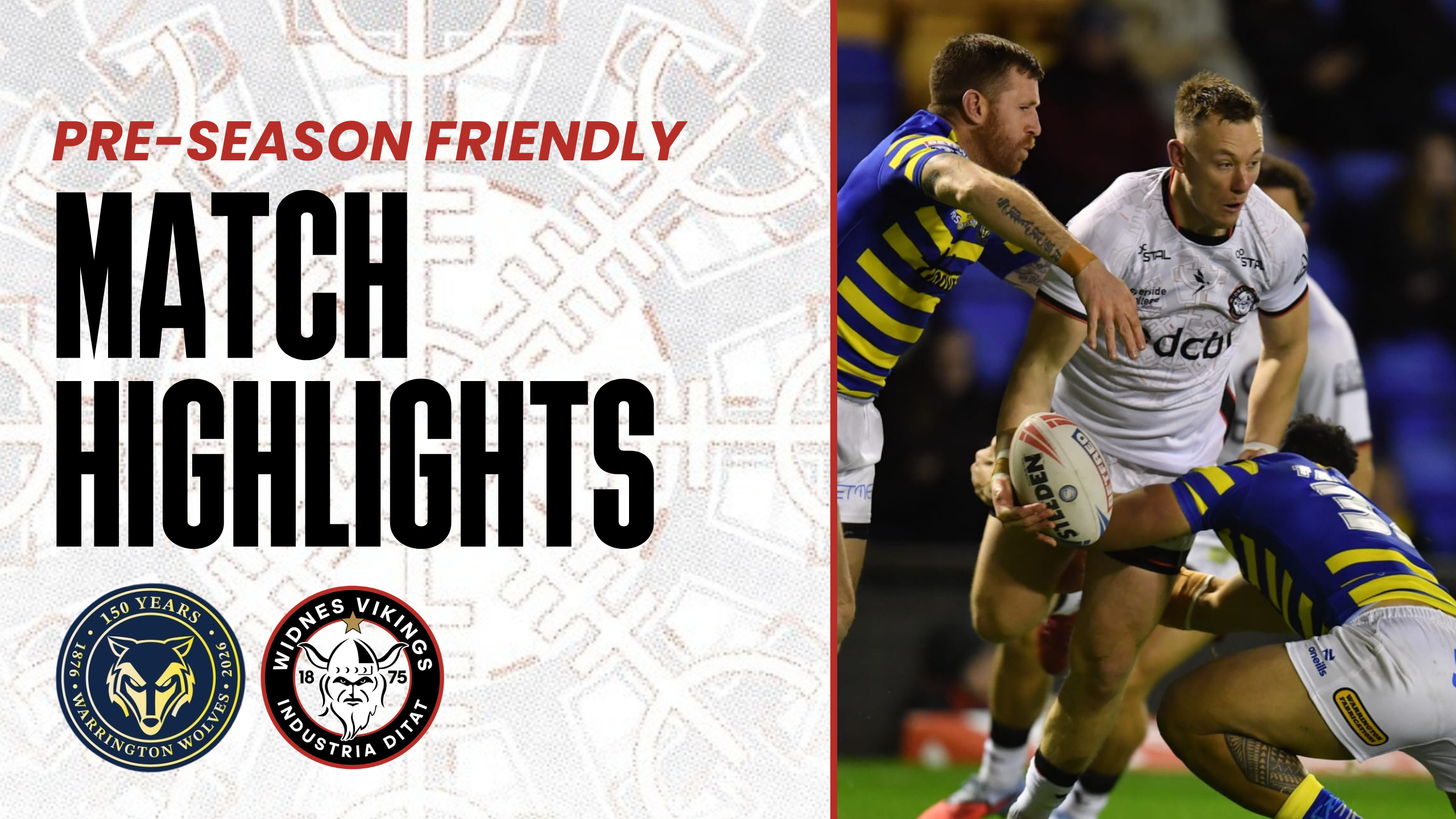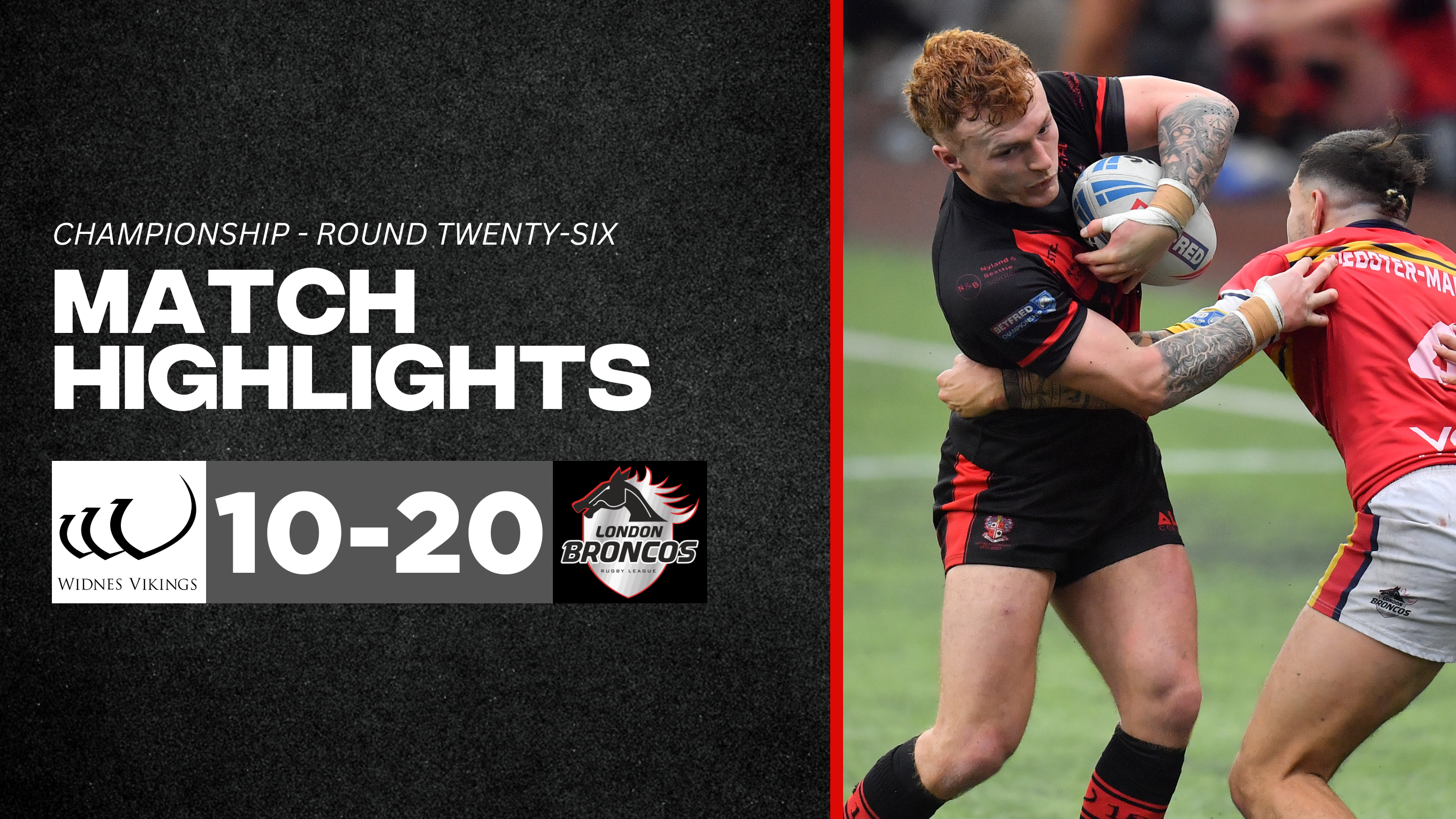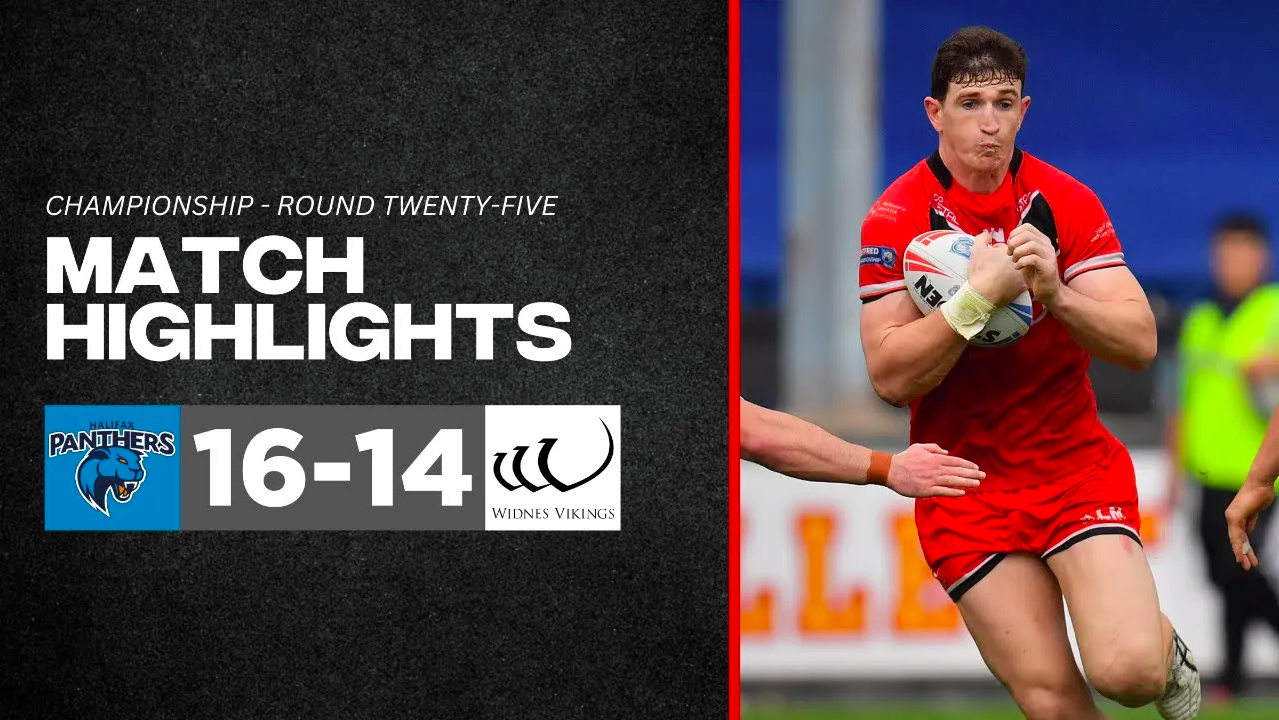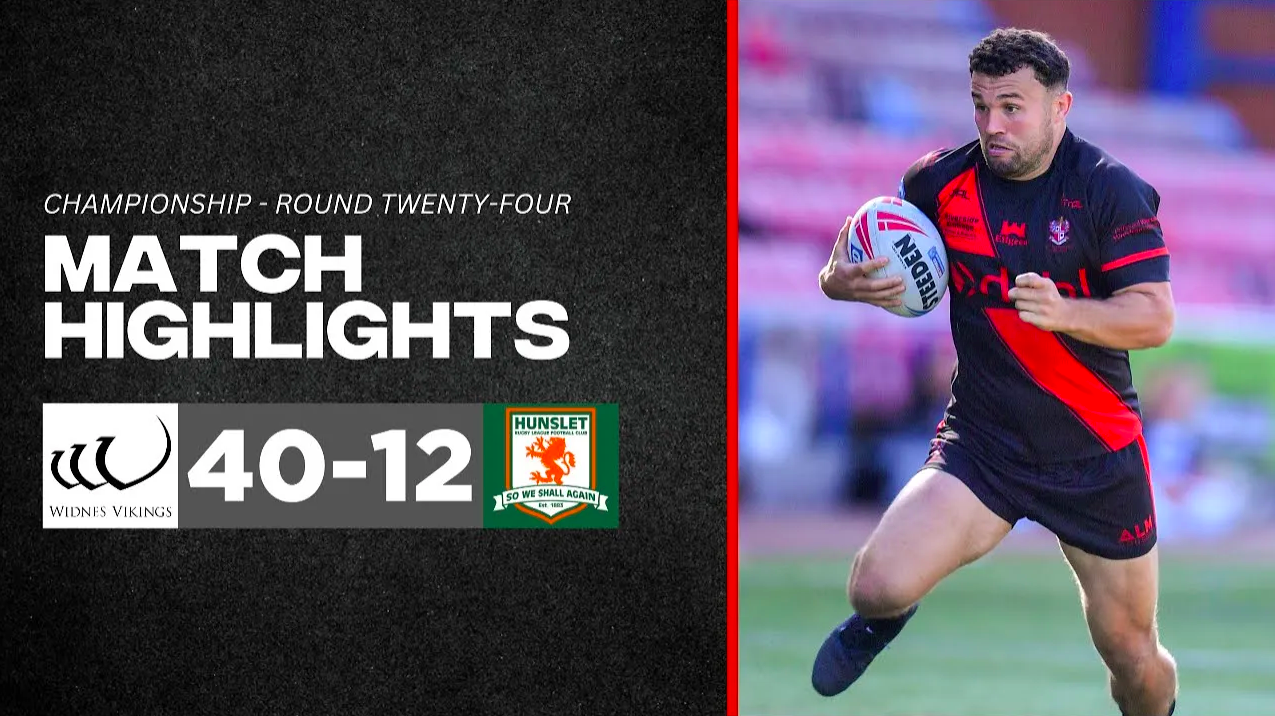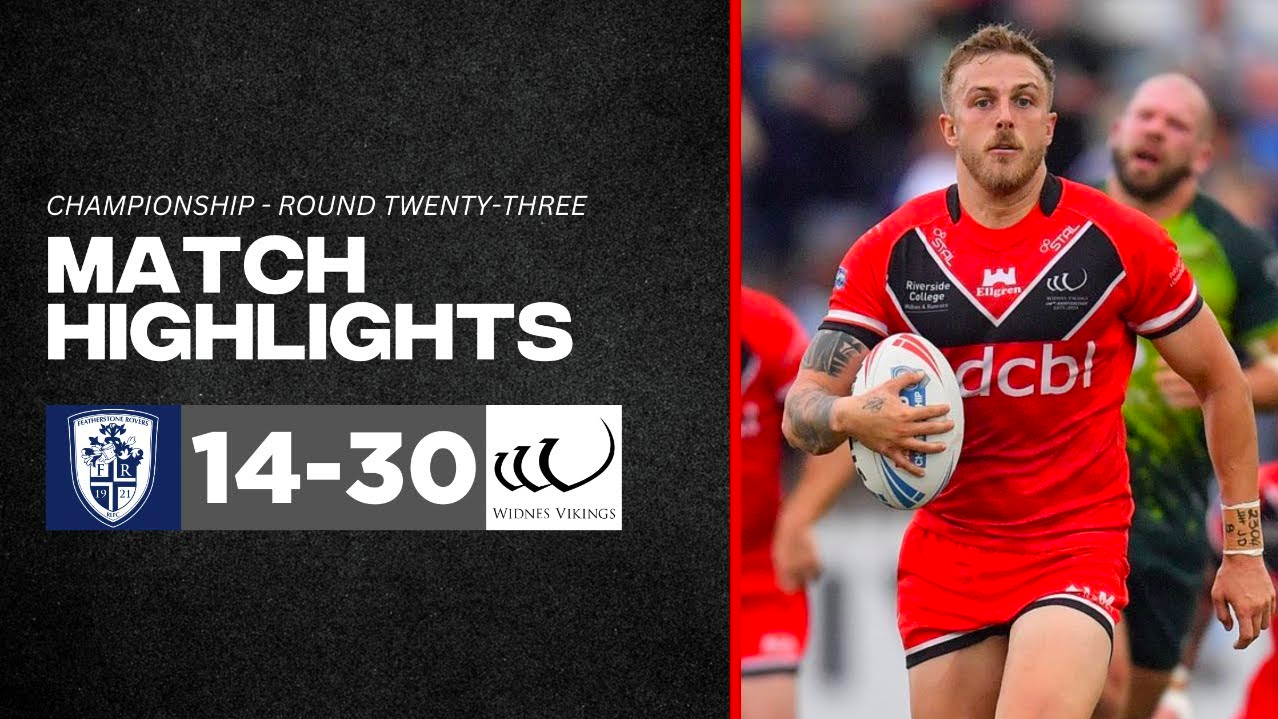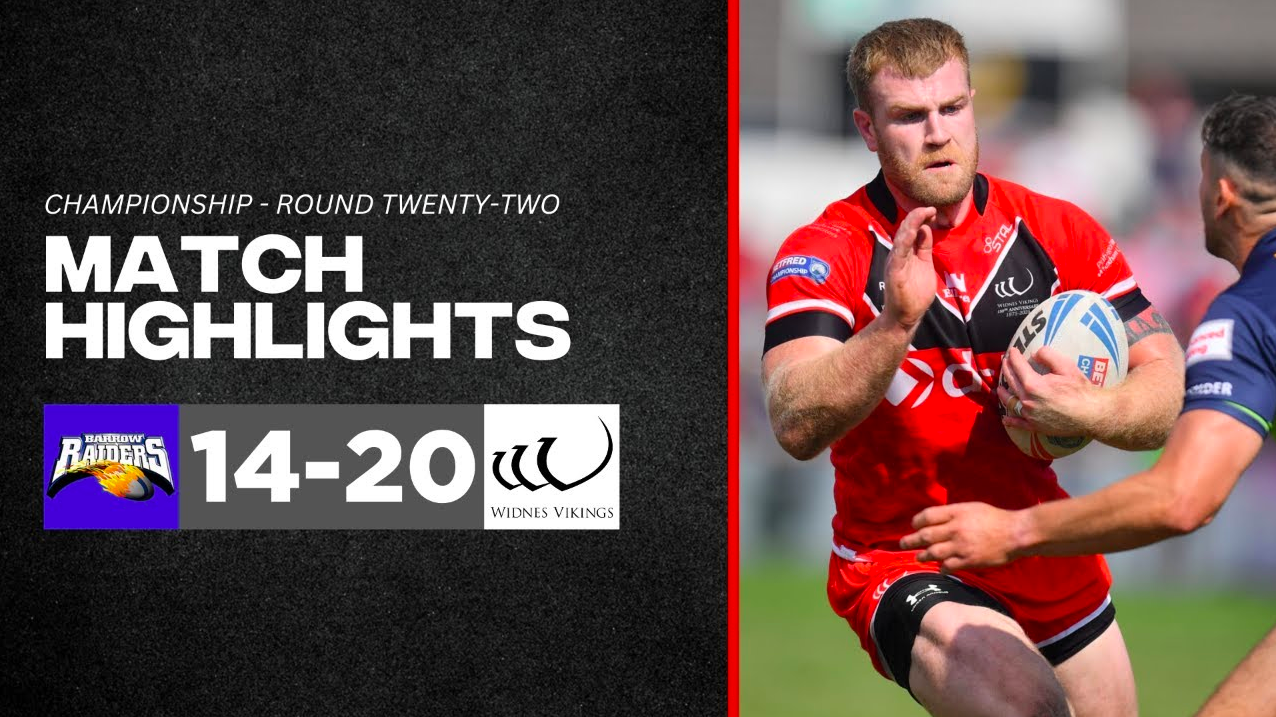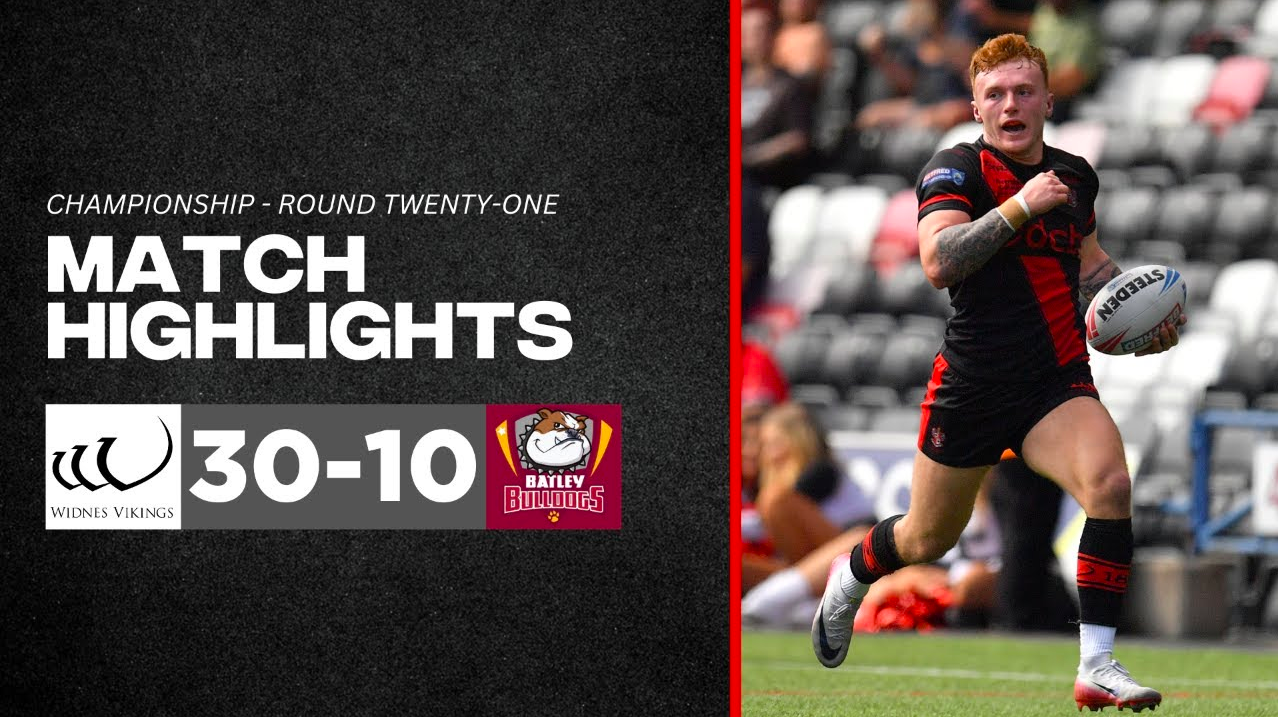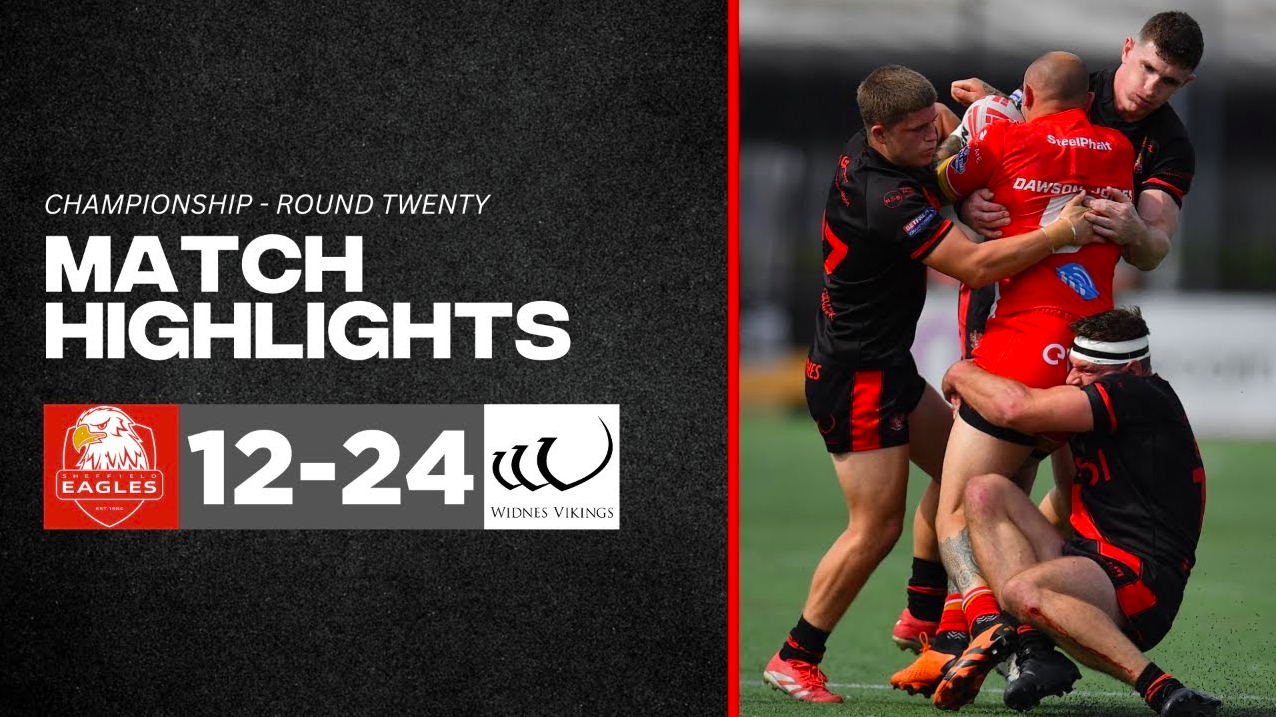Eric Prescott
21 June 1948 – 21 August 2023
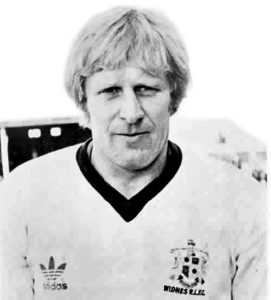
The Widnes club were saddened to learn of the death on Monday of this week of former player Eric Prescott, a local lad who made his name at St Helens and Salford but who came ‘home’ late in his career and enjoyed great success.
Though Eric grew up idolising Chemics like Frank Myler and Bobby Chisnall, as a teenager he played soccer (as goalkeeper) and RU for Widnes ICI (alternating between fullback and fly half). But St Helens scouts had noticed his talents on the rugby field and gave him his first rugby league contract, using him initially as a quick and powerful threequarter. The highlight of this phase of his career was his two-try performance from the left wing as Saints lifted the league title against Leeds at Odsal in 1970.
Eric was ‘filling out’ as his career progressed and, by time of Saints’ 1972 cup run, he was a tough, hard-running, hard-working second-rower. He featured in all of the games on the way to Wembley, including the replayed semi-final against Warrington, but then disaster struck and a shoulder injury, sustained in a league play-off tie at Bradford, cost Eric a final appearance and a Challenge Cup winners medal.
Early in the following season, Eric was transfer-listed at his own request and big-spending Salford paid £13,500 for his services, adding him to a supremely gifted squad that featured the likes of Charlton, Hesketh, Watkins, Richards, Dixon, Gill & co. The Red Devils showed their class with league titles in 1974 and 1976 but one win each in the Lancashire Cup and BBC2 Floodlit Trophy was a modest haul in knockout football for such a talented side. In particular, Salford regularly struggled to make progress in the Challenge Cup and Eric admitted he looked on enviously as former team, St Helens, contested the finals in 1976 and 1978 and home-town club Widnes played under the old twin-towers four times in five years.
After eight years at the Willows, and as the greats of Salford’s 1970s team aged and began to go their separate ways, Eric chose to move on. Cup-kings Widnes were an obvious choice (especially as he was working locally for Halton council as a painter and decorator) and Chemics coach Doug Laughton was happy to pay the £20,000 fee in October 1980. At the age of 32, Eric provided some much-needed experience as Widnes looked to rebuild following the exodus of several key players to Fulham.
The team struggled for consistency before Christmas but the emergence of precocious scrum-half Andy Gregory and the addition of another veteran forward, Brian Lockwood, galvanised the squad in the new year and the men from Naughton Park soon had another trip to London to look forward to. Interviewed in the build-up to the final against Hull KR, Eric was honest about the importance of the occasion, saying, “Saturday will be the biggest day of my life. It’s all I’ve ever worked for.” Anyone who saw his toothless smile after the 18-9 victory will have had no doubts as to the truth of that statement.
A couple of Premiership wins and a return to Wembley for the drawn final of 1982 (all against Hull) were the highlights of the next two years for Eric, in a formidable Widnes back-row with Les Gorley and Mick Adams. In January 1984 he was given the opportunity to return to Salford for a brief spell, before moving on to Runcorn Highfield 14 months later.
Eric’s career, which had begun at Knowsley Road with a win against Leeds on 12 October 1968, finally came to a close for Highfield at Keighley on April 9 1989, not far short of his 40th birthday.
Even as his playing time was coming to a close, Eric and Pat’s younger son, Stephen, was emerging as a serious talent. Highfield coach Geoff Fletcher had suggested playing Steve on the wing, aged 16, with father and son in the same team but Eric thought his son was still too young. But it wasn’t long before the youngster was forging a brilliant career of his own as a free-scoring fullback at St Helens, Hull and Wakefield, picking up a couple of Wembley wins and also gaining international honours. Tragically, Steve was diagnosed with a rare form of cancer in 2006, after which he earned legendary status within the game with his charity fundraising over the next seven years, despite initially having been given only months to live. The Steve Prescott Man of Steel award for the outstanding RL player of the season is a fitting tribute to the young man.
Man of Steel is an appropriate description of his father, too. From a lad first considered too small for rugby league, Eric proved himself to be a more than useful threequarter and then an outstanding forward in an era when the game was arguably at its most fierce. Over his twenty year career, colleagues and opponents appreciated his uncompromising, skilful and hard-working performances but also respected him as a great man – friendly, funny and modest.
RIP Eric.
